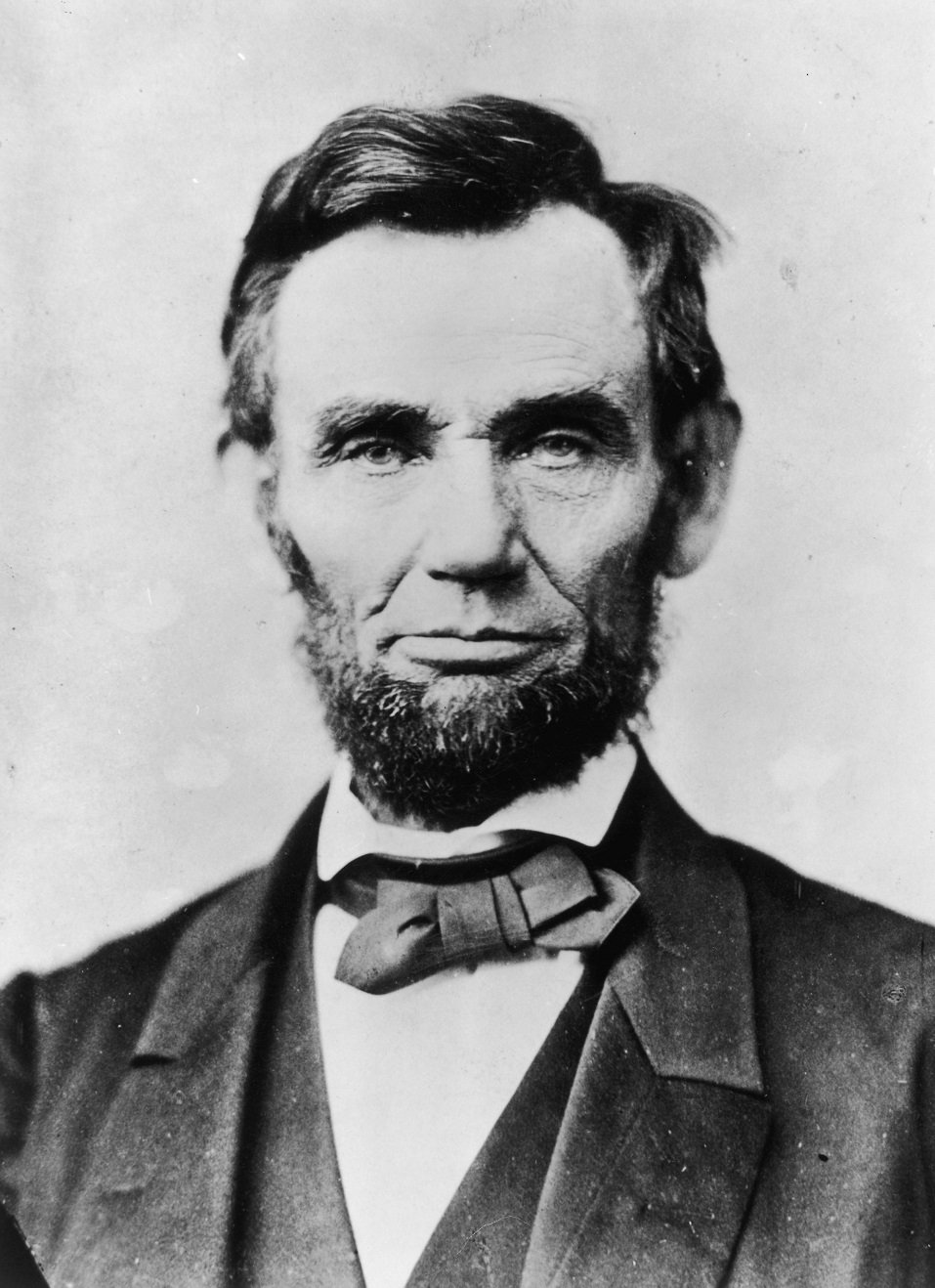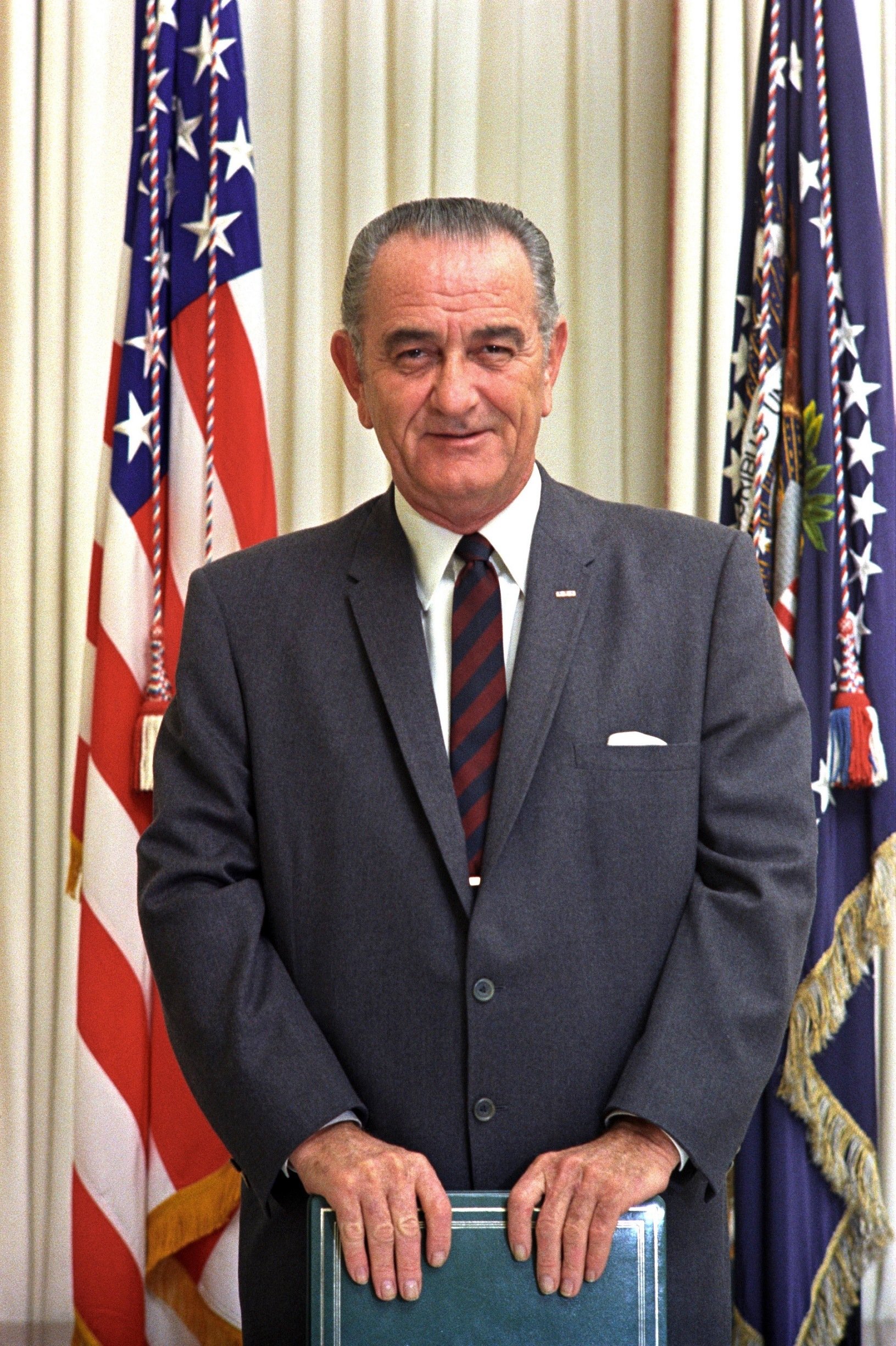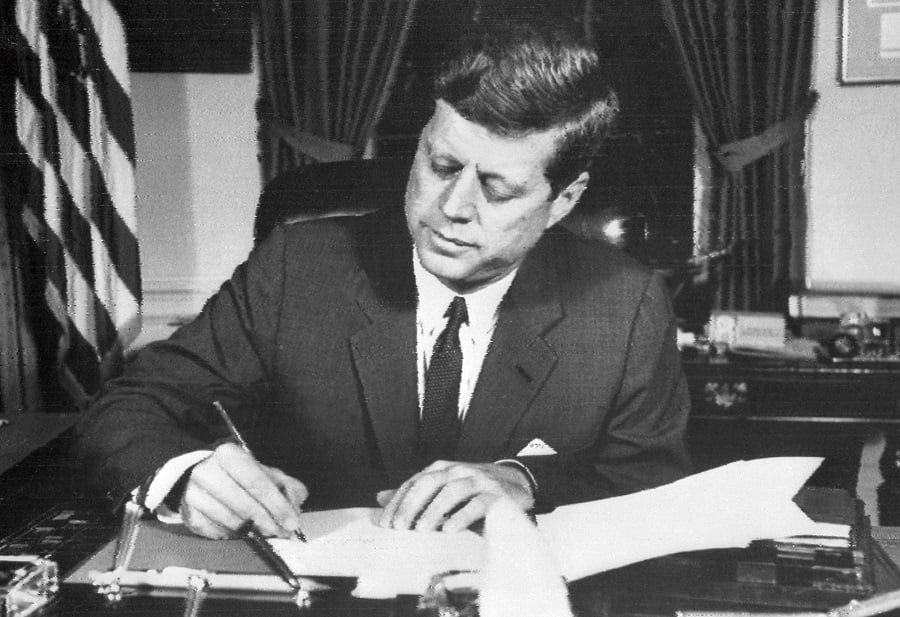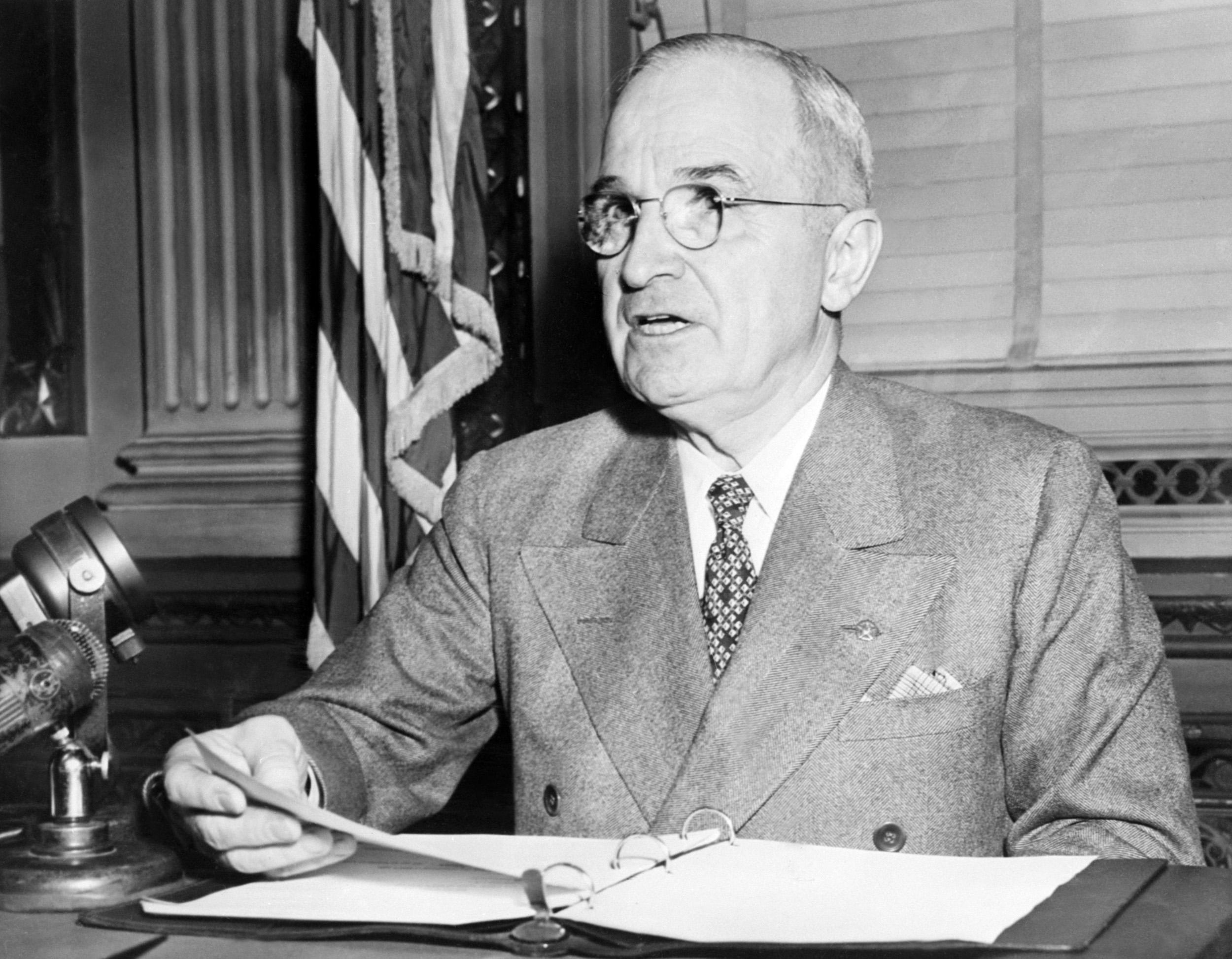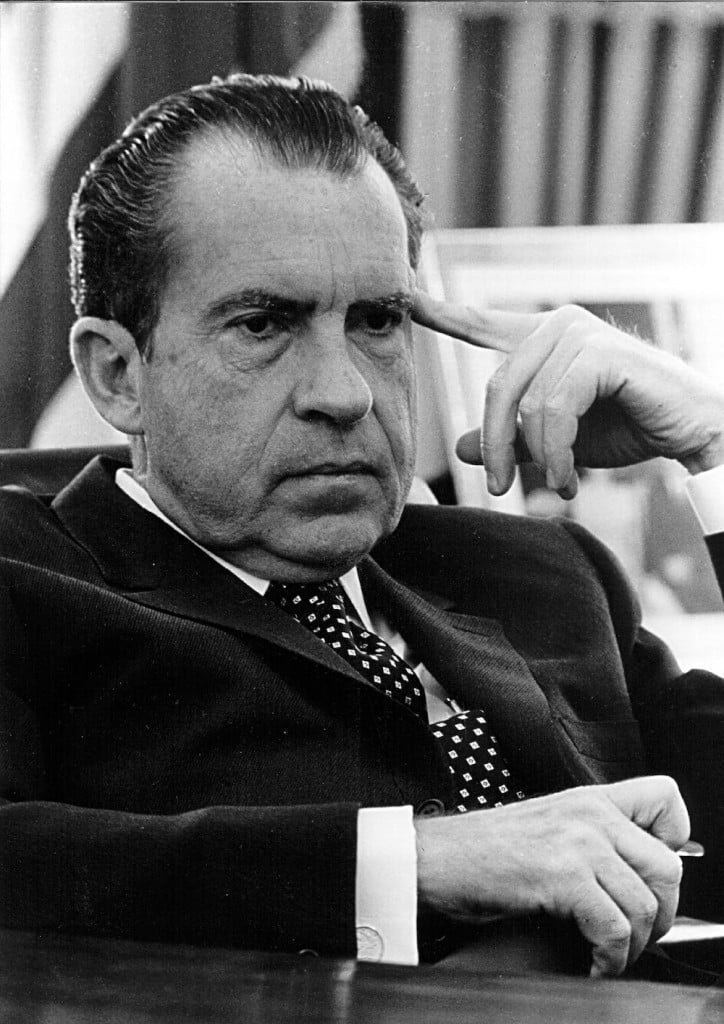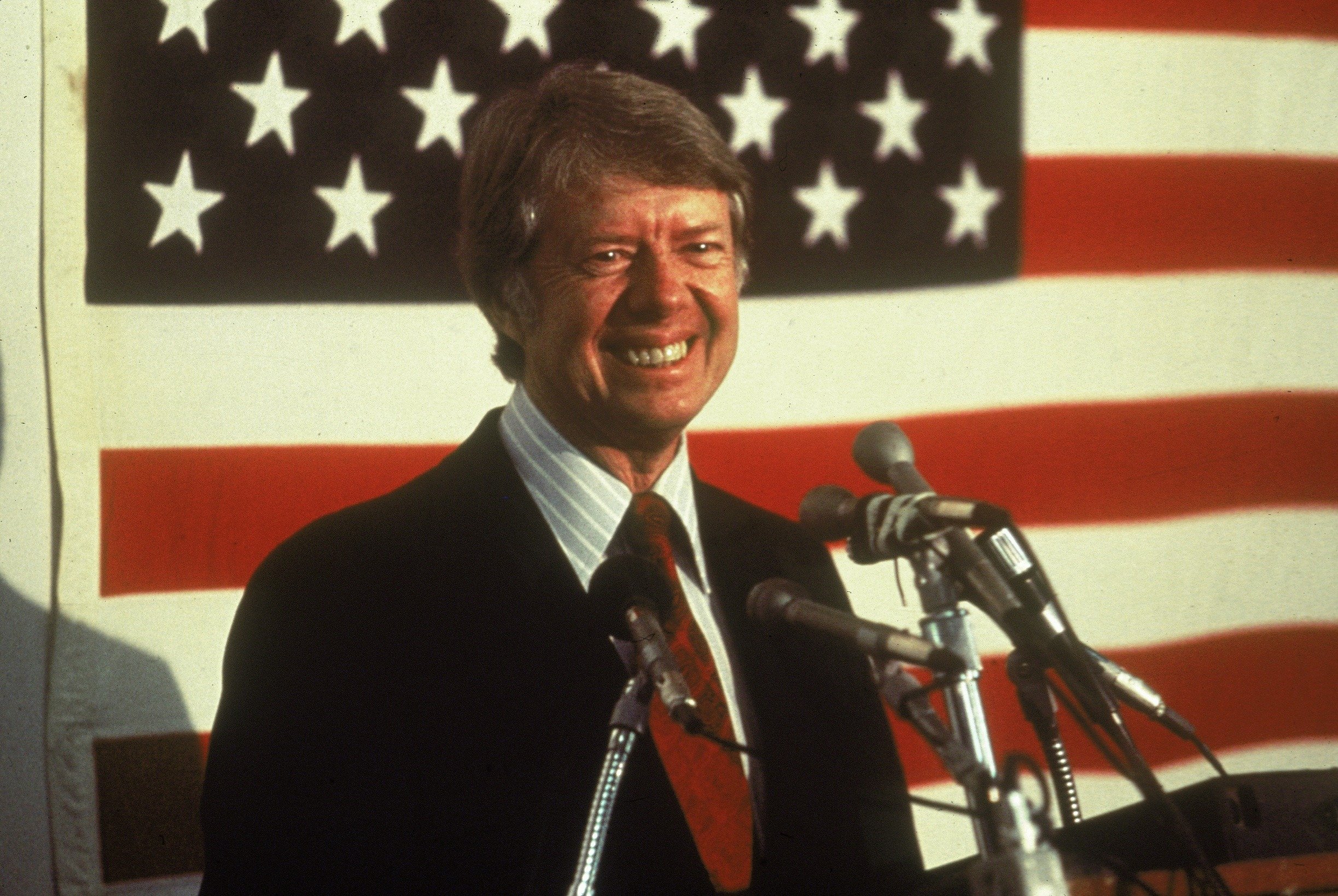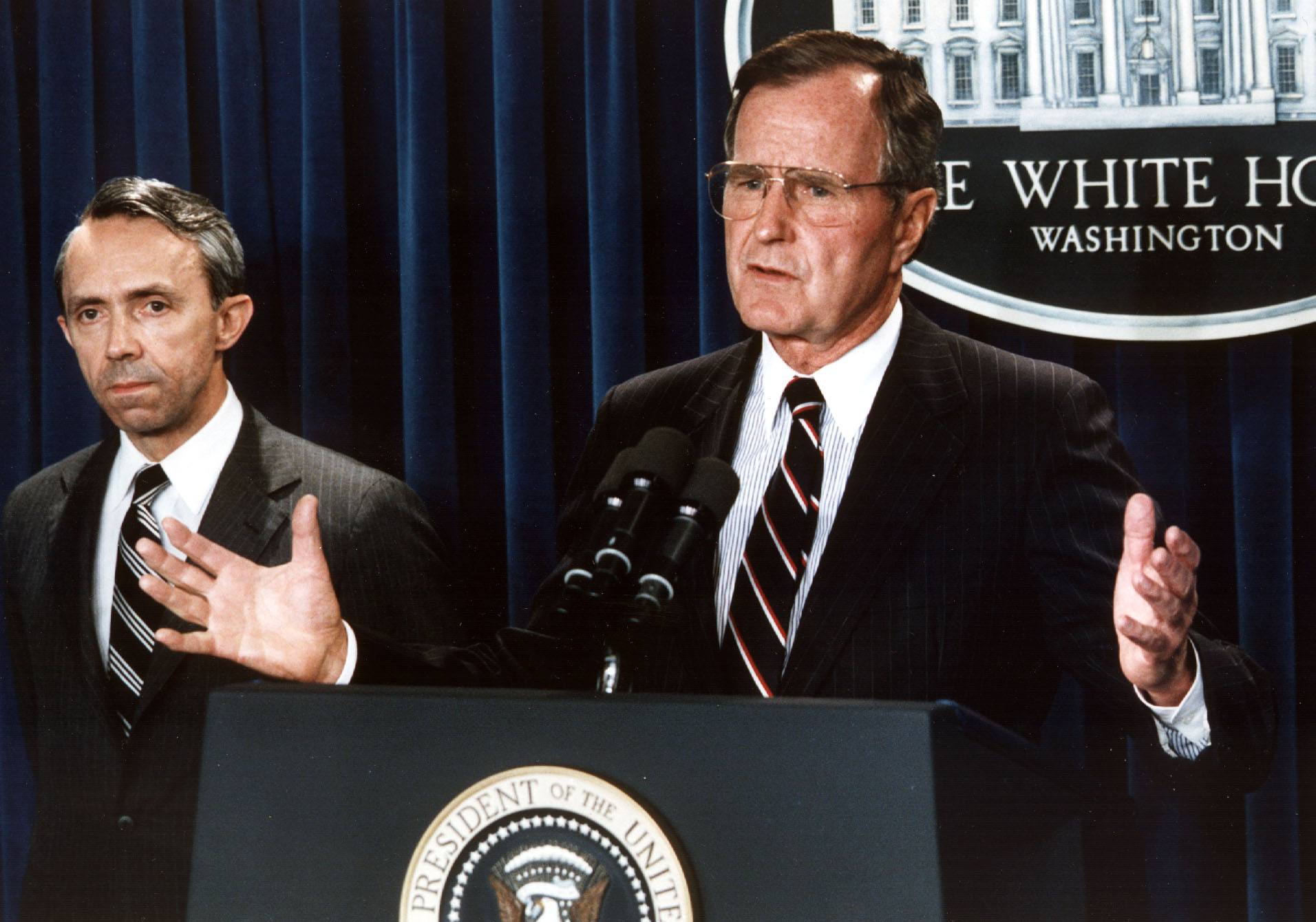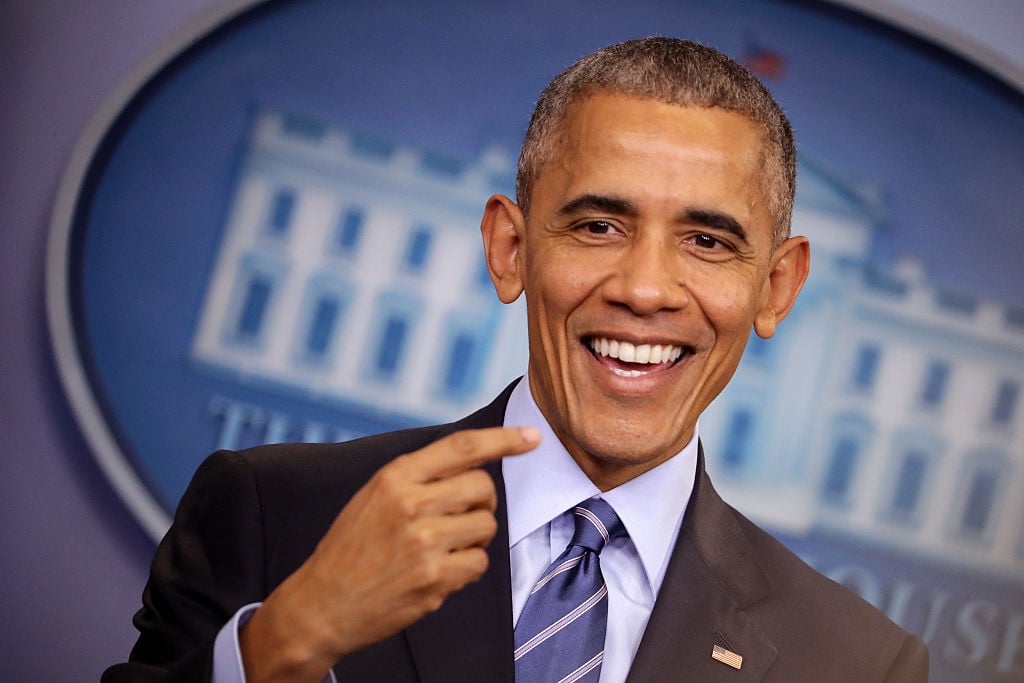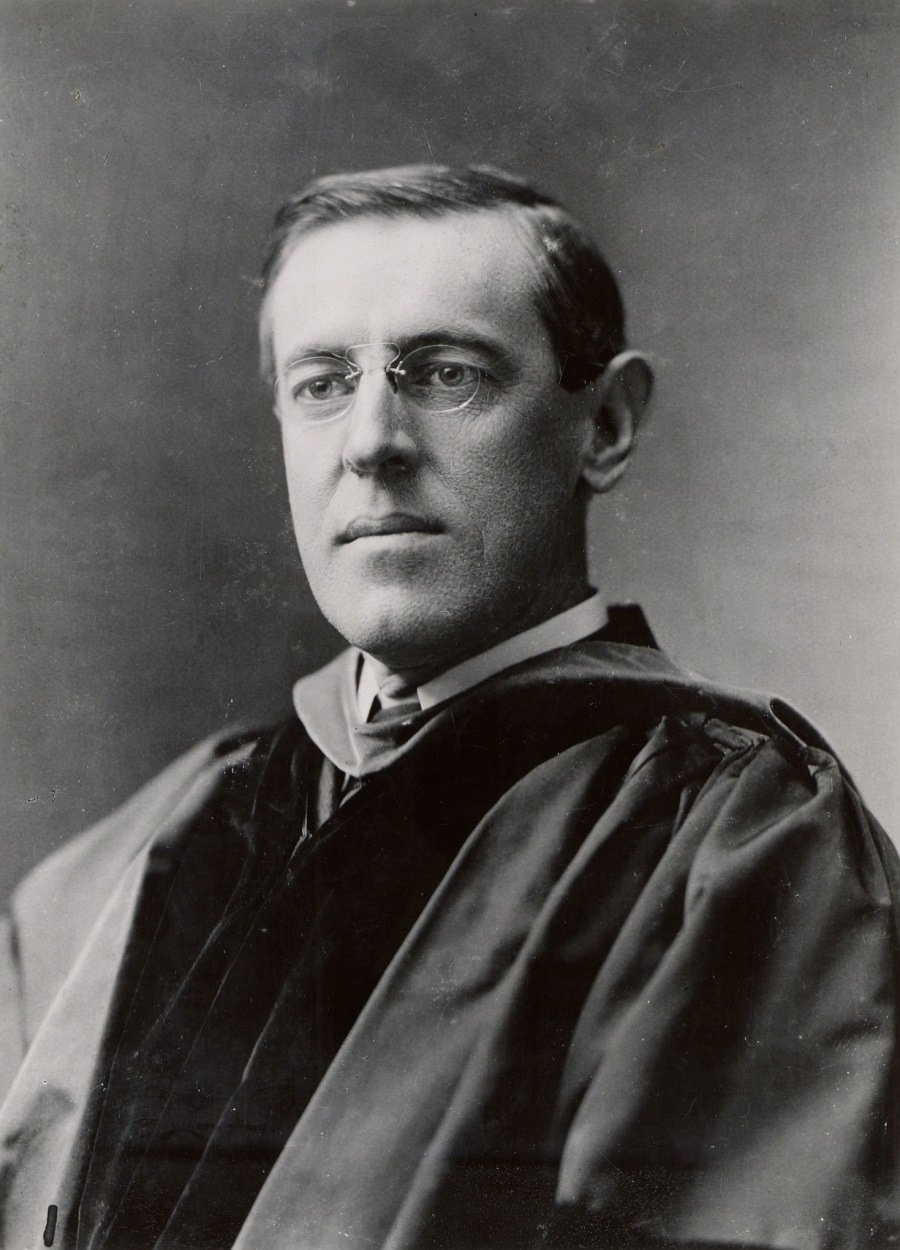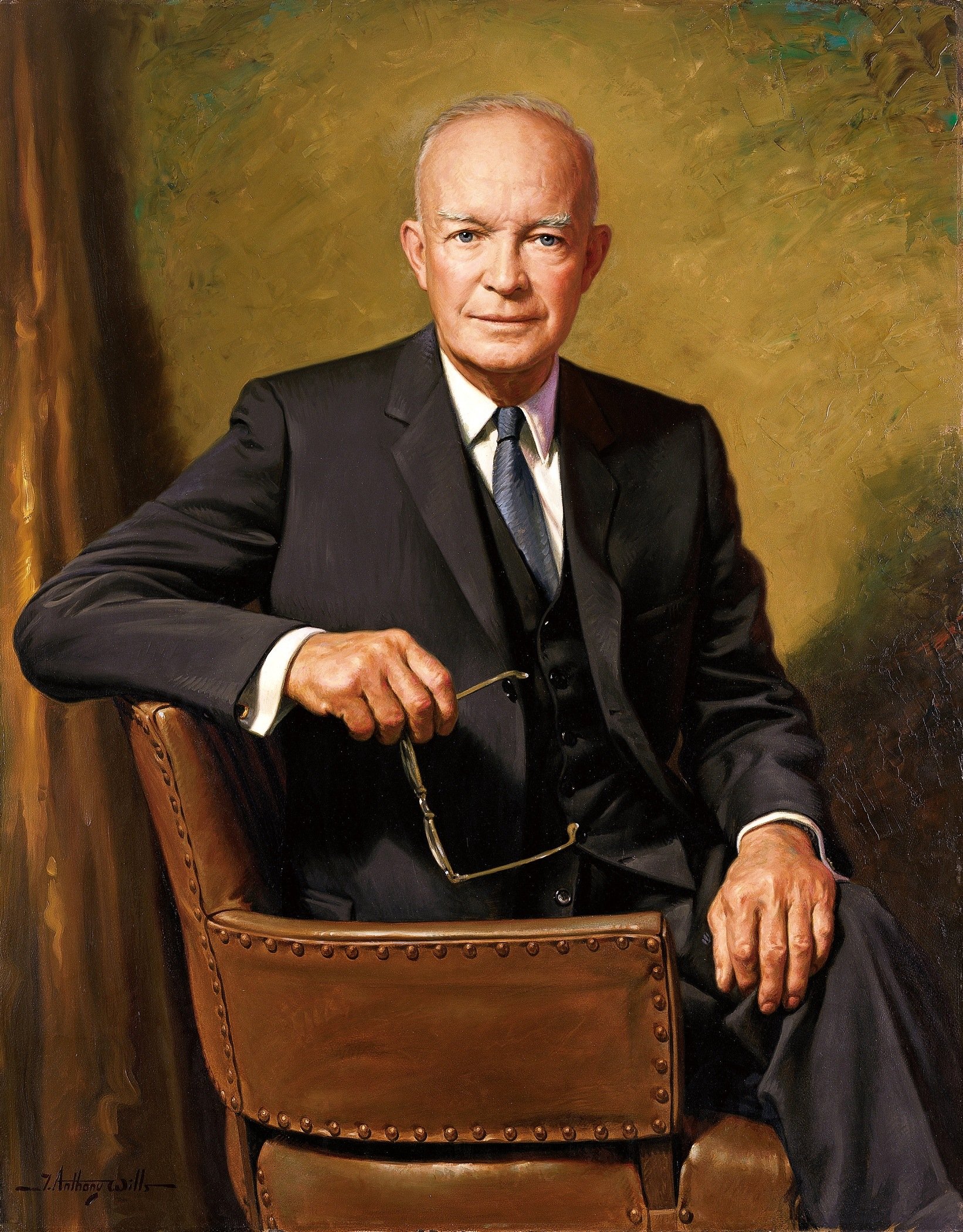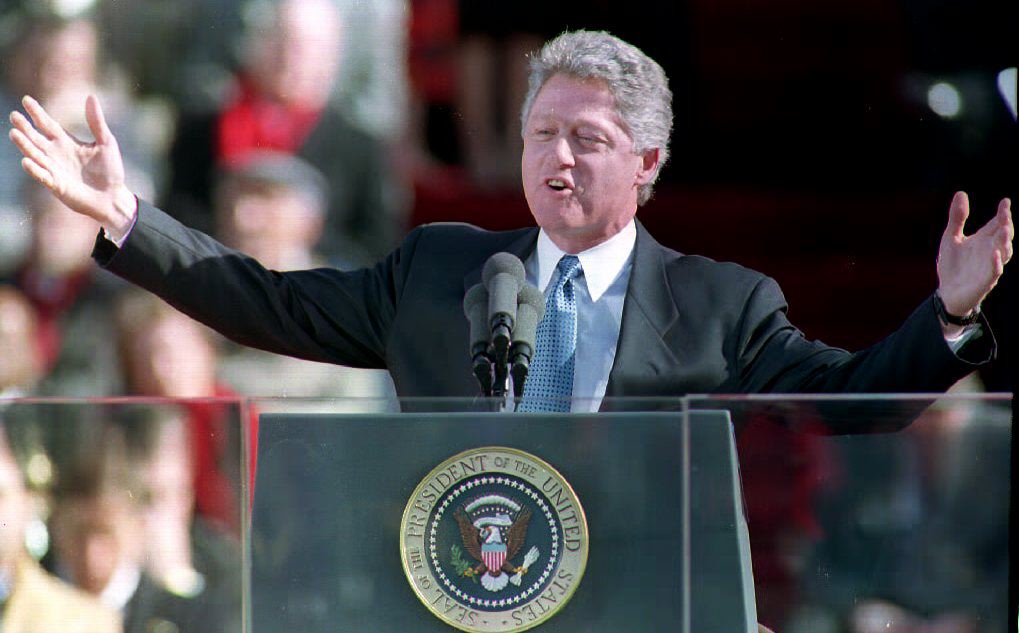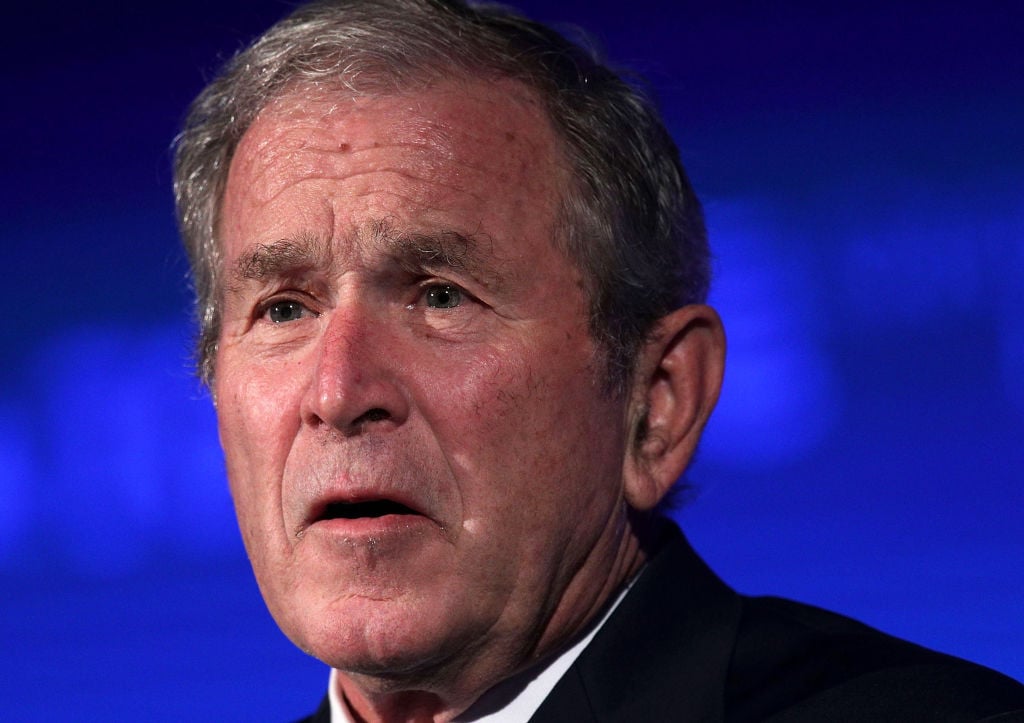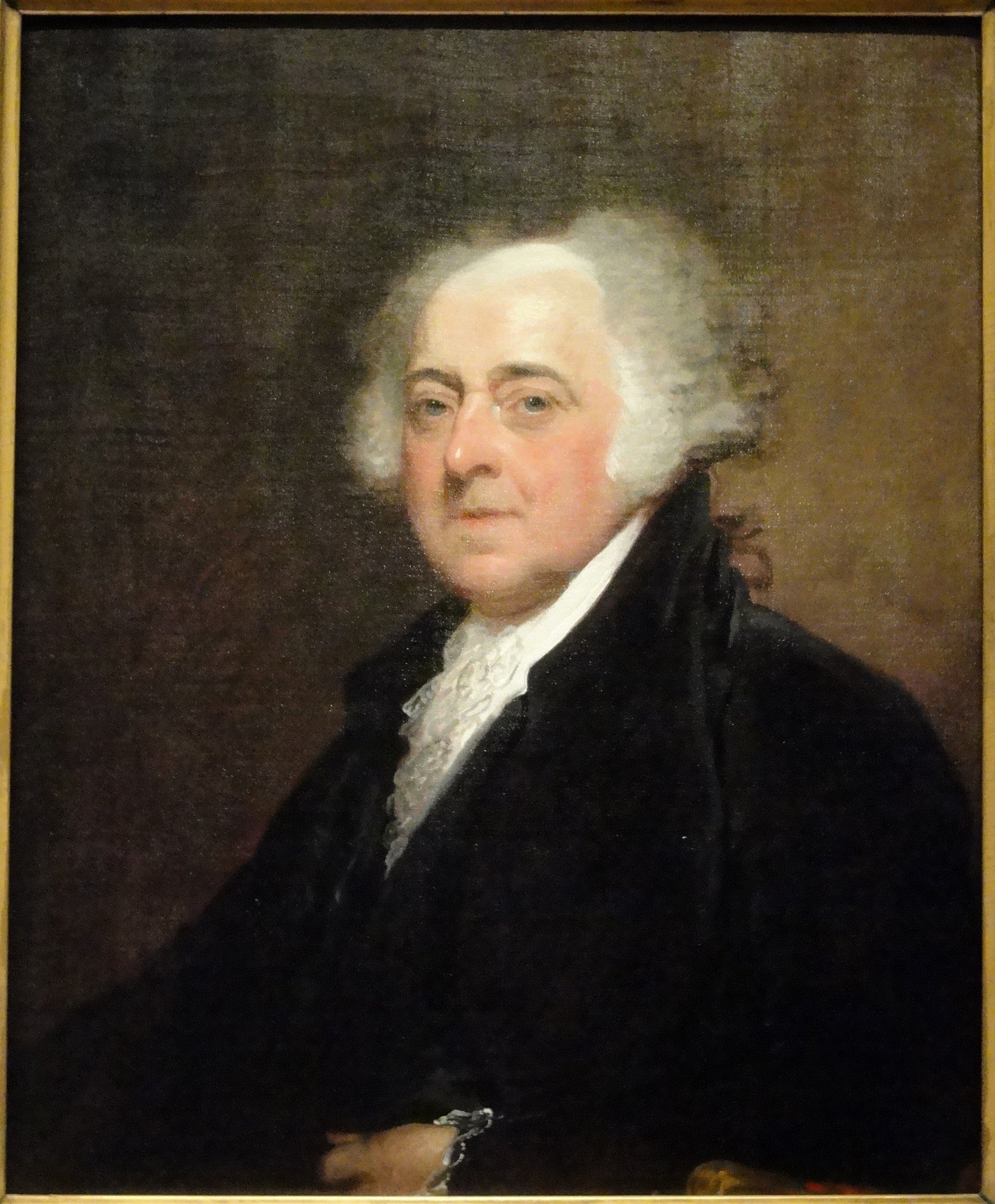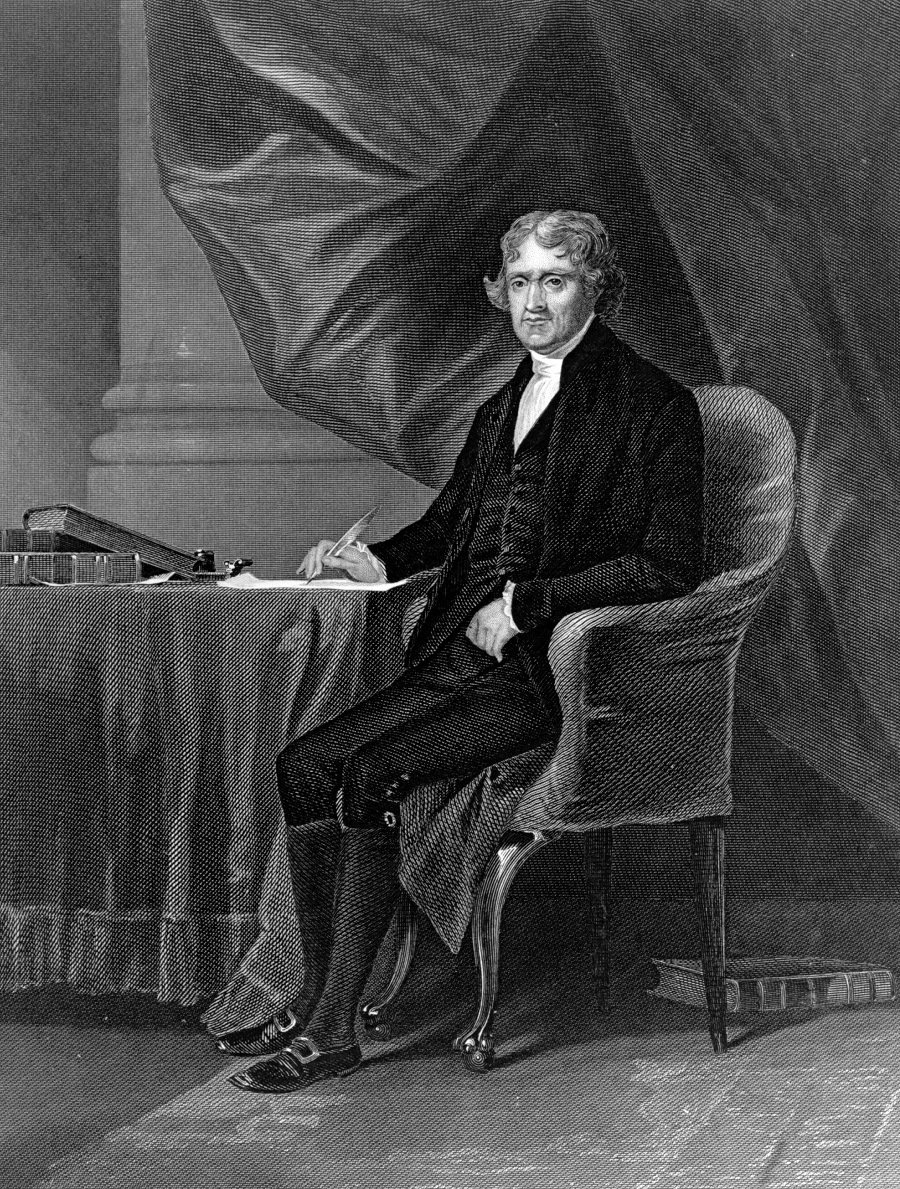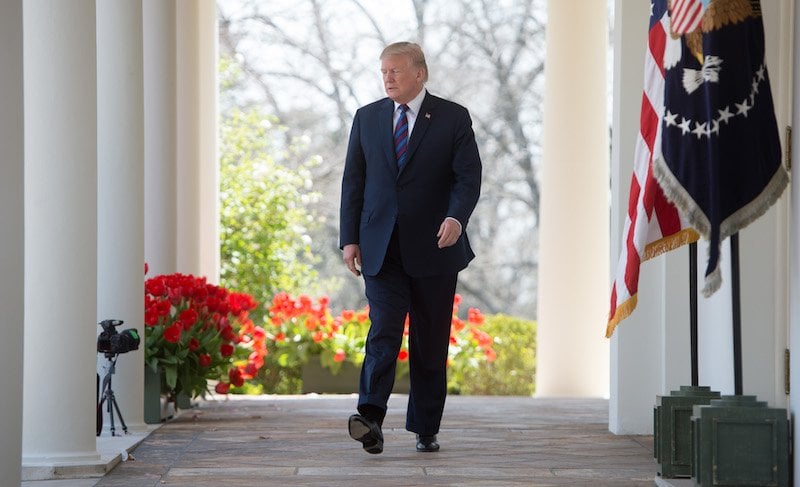What a president accomplishes during his time in office typically defines his legacy. That is, unless his time in office is plagued with scandal. But mostly, what a president accomplishes is what people will remember him for. The below presidents will be remembered for their contributions to civil rights. Read on to learn about some of the U.S.’s biggest presidential civil rights activists, and how Donald Trump compares (page 15).
1. Abraham Lincoln
He outlawed slavery. | Alexander Gardner/Getty Images
Abraham Lincoln, the U.S. president during the Civil War, is best known for outlawing slavery. With his famous Emancipation Proclamation that took place in 1863 that declared “all persons held as slaves are, and henceforward shall be free,” he put the 13th Amendment into motion.
2. Lyndon B. Johnson
He signed the Civil Rights Act. | Wikimedia Commons
President Lyndon Johnson of course makes the list for signing the Civil Rights Act of 1964. A bill that made all public accommodations (restaurants, swimming pools, hotels, etc.) available and open to all Americans, regardless of race, color, or religion. The bill also aimed to end legal discrimination in the work place.
3. John F. Kennedy
He got the ball rolling on civil rights. | AFP/Stringer/Getty Images
In 1963, Kennedy proposed a sweeping federal civil rights bill (the bill that ended up being the Civil Rights Act of 1964 mentioned above). Though Johnson ultimately signed the bill, Kennedy certainly got the ball rolling. Additionally, “Title VII of the act prohibits employment discrimination based on race, color, religion, sex, and national origin. ‘Sex’ was added at the last minute; whether this was intended to derail the bill or truly to fight sex discrimination has been debated, but it stayed in,” says Advocate. Later, sex discrimination was determined to include discrimination against transgender individuals as well.
Fun fact: Kennedy’s best friend, Lem Billings, was a gay man.
4. Harry Truman
He abolished racial discrimination in the Armed Forces. | AFP/Getty Images
Harry Truman had a notable impact on civil rights with Executive Order 9981. The order was issued on July 26, 1948 and abolished racial discrimination in the United States Armed Forces. Eventually, the order led to the end of segregation in the services.
5. Richard Nixon
He signed Title IX. | National Archive/Newsmakers/Getty Images
Though his legacy’s been sealed by the Watergate scandal, Richard Nixon made strides for civil rights during his presidency. In 1972, he signed Title IX of the Education Amendments into law. Title IX prohibits sex discrimination in educational programs that receive federal funds.
6. Jimmy Carter
He championed women’s rights. | Hulton Archive/Getty Images
Jimmy Carter is listed as one of the biggest feminist presidents by Bustle. He spoke out about such issues as rape on college campuses, and has written frequently about human rights violations faced by women around the world, including sex trafficking and child marriage.
7. George H.W. Bush
He helped people with disabilities. | Jerome Delay/AFP/Getty Images
George H.W. Bush is a little all over the map with his stance on civil rights issues, but he made a few very progressive moves as president. In 1990, he signed the Ryan White CARE Act, which provides federal funding for community-based organizations that help people with HIV or AIDS. That same year, he signed the Americans With Disabilities Act, which banned discrimination against those with disabilities (HIV included), and made it so employers were required to provide reasonable accommodations for them.
8. Barack Obama
He repealed “Don’t Ask, Don’t Tell.” | Chip Somodevilla/Getty Images
Barack Obama has a long list of accomplishments as president, many of which are civil rights related. One of his most notable civil rights accomplishments is repealing “Don’t Ask, Don’t Tell,” and creating a new policy that states gays and lesbians can now serve openly in the military. Additionally, he took executive action to protect DREAMers from being deported, expanded the definition of “hate crimes,” and gave women who are paid less than men for the same work the right to sue their employers, among other things.
9. Woodrow Wilson
He spoke in favor of women’s suffrage. | Photos.com/iStock/Getty Images
During Woodrow Wilson’s first term as president, he sometimes spoke in favor of women’s suffrage. Suffragists appreciated the sentiment, but repeatedly asked him to do more than just speak on their behalf occasionally. Then in his second term, he gave a speech to Congress in honor of the movement.
10. Dwight Eisenhower
He wanted to end discrimination. | James Anthony Wills/Wikimedia Commons
“Eisenhower was committed to ending discrimination where possible and one of his first actions was eliminating segregation in the military district of Washington D.C.. Adding to this, in the Thompson decision, the Supreme Court prohibited discrimination in the district’s eating places,” says Brody Shields of Montana Tech. Additionally, Eisenhower made a point to appoint civil rights advocates where he could.
11. Bill Clinton
He appointed the first openly gay ambassador. | Pool/AFP/Getty Images
In 1995, Bill Clinton signed an executive order that stated sexual orientation could no longer be considered in matters of security clearance. He also appointed the first openly gay U.S. ambassador, James Hormel. And several other openly gay officials also served on Clinton’s administration.
12. George W. Bush
He made strides for those with AIDS. | Alex Wong/Staff/Getty Images
Like his father before him, George W. Bush wasn’t considered the most progressive guy, but he did make strides for those affected with AIDS. In 2003, he started the President’s Emergency Plan for AIDS Relief, which offered both treatment and preventative services to countries that needed it.
13. John Adams
He was a feminist in his time. | Wikimedia Commons
John Adams was also listed as one of the top presidential feminists by Bustle. For his time, he certainly viewed women in an uncommon light. Prior to becoming president, he was a teacher. He was known for seeing the potential in his students (especially his female students), and even encouraged some of them to pursue politics. During his presidency, his wife, Abigail, made sure he consistently considered the woman’s perspective.
14. Thomas Jefferson
He promoted religious freedom. | Hulton Archive/Getty Images
Thomas Jefferson was a key component to the ever-evolving civil rights movement because he helped to define and expand the definition of what civil rights should include. “He emphasized the primacy of human happiness, by which he meant the opportunity of autonomous individuals to develop themselves to the fullest,” says Scholastic. “He also advanced the concept of religious freedom and church-state separation as a key element of civil rights.”
15. Donald Trump
He’s falling short of his predecessors. | Saul Loeb/Getty Images
So far in his presidency, Donald Trump doesn’t come close to any of the men on this list in terms of fighting for, or trying to fight for, civil rights. Time calls his first year as president “an affront to civil rights.” The New Republic says “Donald Trump’s war on civil rights is intensifying.” Between his racist and sexist rhetoric, the Muslim ban, and his work to undo Obama’s Dreamers program, he’s moving more backwards than forwards.
Check out The Cheat Sheet on Facebook!
Source: Read Full Article
